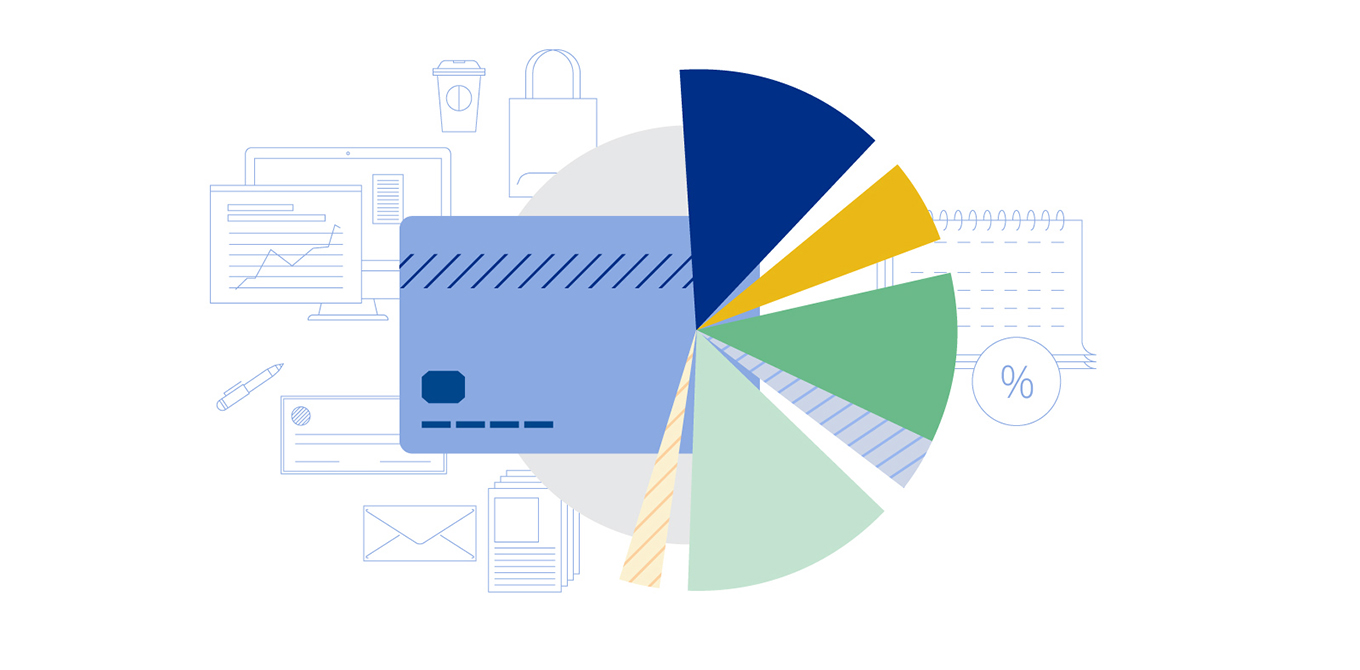Is a credit monitoring service worth the cost?
Protecting your identity is an important part of financial wellbeing, but it's not always easy in today's increasingly digital world. In fact, the Federal Trade Commission received nearly 1.4 million reports of identity theft last year alone—more than double the number of reports in 2019.
A credit monitoring service can help. Think of it as a watchdog for your credit reports. It keeps track of what's going on with your accounts and alerts you about any changes or suspicious activity right away. That can buy you valuable time to freeze your accounts and do damage control.
While some credit monitoring services cost nothing, others offer extra features through premium subscriptions. But at a cost that could total a few hundred dollars a year, are paid credit monitoring services worth it?
Whether you've been the victim of identity theft or are taking preventative measures, consider these pros and cons before paying for a paid credit monitoring service.
Pros of paid credit monitoring
The exact benefits of paid credit monitoring depend on which service you buy. Some offer far more features than others, so you'll want to do your homework before signing up. Here are some common perks that might justify the cost of this service:
- Comprehensive credit monitoring. Companies that offer what's called “triple-bureau protection" monitor your files and credit scores at the three major credit bureaus: TransUnion, Experian, and Equifax. If you use a free service, you may only be able to see your credit reports at just one or two of these bureaus.
- Real-time fraud alerts. Many paid credit monitoring services send alerts about suspicious activity, like new accounts in your name or changes to your personal information, in real time.
- Information sent directly to you. With paid credit monitoring, there's no need to constantly check for new reports—it sends key information directly to you.
- Identity theft insurance. This insurance may cover the expenses of dealing with identity theft, such as lost wages, legal fees, and getting documents notarized.
- Identity recovery services. This feature can help you repair damage from identity theft. It will usually connect you with a case manager or counselor who can help you contact creditors and debt collectors, freeze your credit report and prevent anyone from opening new accounts in your name, and walk you through important documents.
- Dark web scans. Some credit monitoring services can look for your personal information on parts of the Internet that you'd need special software to access.
Cons of paid credit monitoring
Despite the benefits of paid credit card monitoring, there are some drawbacks, too. Here are some reasons you might not want to sign up for this service:
- It costs money. Paid credit monitoring often costs between $10 and $30 a month—money that you'd probably prefer to save or spend on take-out or a streaming service subscription. Plus, you can get similar (but less robust) credit monitoring for free through online services, banks, and credit card companies.
- It doesn't stop fraud or identity theft. You still need to take measures (such as freezing your account or disputing errors on your report) if a credit monitoring service catches fraudulent activity.
- It won't tell you everything. While paid credit monitoring can keep tabs on a variety of things, there are certain things it doesn't cover. Most monitoring services won't alert you if someone uses your name to collect a tax refund or claim benefits from Social Security, welfare, Medicare, Medicaid, or unemployment insurance.
- It can't fix mistakes. Credit monitoring services can help you spot common errors on your credit reports (like a wrong date of your last mortgage payment), but it's on you to get in touch with the credit bureau to fix the error.
Is credit monitoring worth the cost?
Considering the significant uptick in identity theft last year, it's recommended that everyone use some type of credit monitoring. The question is whether a free or paid service will best meet your needs.
Free credit monitoring services might be enough if you have just a few credit cards and accounts. But as your finances get more complex and if you're spending lots of time tracking your credit for free, you might find it helpful to sign up for a paid service that can streamline the process to keep track of things.
It can also be smart to pay for credit monitoring if you've been a victim of identity theft in the past. (That's a headache no one needs to deal with twice!) Since your personal information may already be out there, a credit monitoring service can let you know right away if someone tries to use it to open a fraudulent account in your name.
But paid credit monitoring is only worth it if you find a service that offers lots of benefits and perks for the price.
The bottom line
Credit monitoring can help you catch suspicious activity and mistakes that could ruin your credit. Free services might be a good place to start, but depending on the complexity of your accounts, it could be worth paying for more robust credit monitoring.




